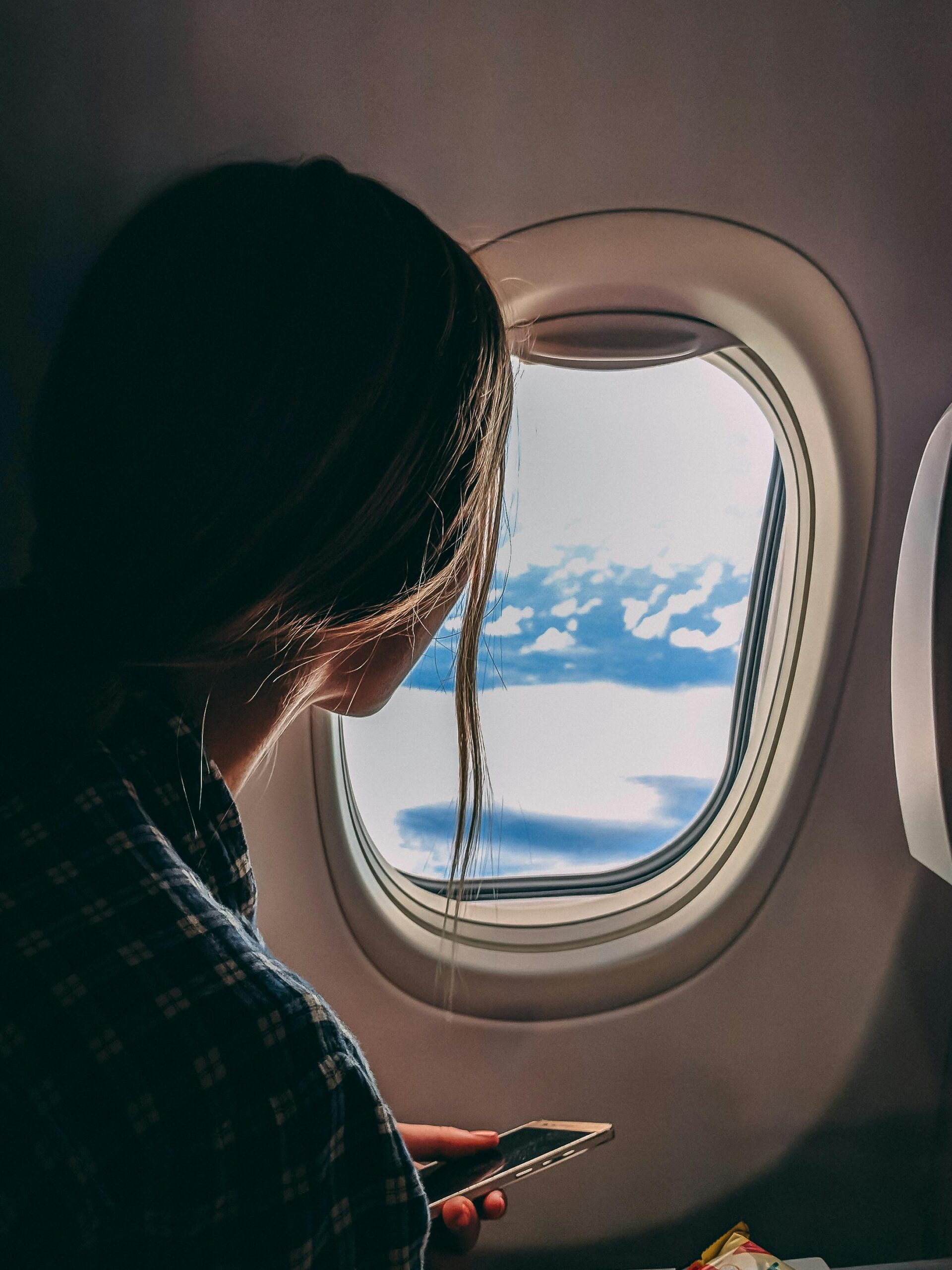Overcoming Flying Phobia with CBT and Exposure Therapy
Understanding the Impact of Flying Phobia
 Flying phobia, also known as aviophobia, affects countless individuals worldwide, significantly impeding their ability to travel for both personal and professional reasons. This fear can lead to avoidance behaviors that restrict one’s lifestyle, limiting opportunities for both leisure and career advancement. The good news is there are effective ways to overcome flying phobia, and Cognitive Behavioral Therapy (CBT) combined with Exposure Therapy is one such approach that has promising results.
Flying phobia, also known as aviophobia, affects countless individuals worldwide, significantly impeding their ability to travel for both personal and professional reasons. This fear can lead to avoidance behaviors that restrict one’s lifestyle, limiting opportunities for both leisure and career advancement. The good news is there are effective ways to overcome flying phobia, and Cognitive Behavioral Therapy (CBT) combined with Exposure Therapy is one such approach that has promising results.
Symptoms of Flying Phobia and Avoidance
Symptoms of flying phobia can manifest in various ways, including intense anxiety, panic attacks, sweating, and even gastrointestinal distress at the mere thought of boarding an airplane. These symptoms often lead to avoidance behaviors, such as opting for alternative modes of transportation, canceling trips, or relying on medication / alcohol to cope during flights. This avoidance only reinforces the phobia, making future attempts to fly even more daunting.
CBT and Exposure: The Gold Standard Treatment
Cognitive Behavioral Therapy (CBT) and exposure therapy have been widely recognized as the most effective treatments for overcoming flying phobia. These evidence-based approaches work by addressing the underlying thoughts and behaviors that contribute to the fear of flying.
What is CBT?
Cognitive Behavioral Therapy (CBT) is a type of psychotherapy that focuses on challenging and changing negative patterns of thinking and behavior. It aims to help individuals recognize the connections between their thoughts, feelings, and behaviors in order to develop more positive coping strategies. CBT is based on the idea that our thoughts influence our emotions and behavior, and by changing our thoughts, we can change how we feel and act.
How CBT Can Help with Flying Phobia
CBT has been found to be highly effective in treating a wide range of anxiety disorders, including flying phobia. With the help of a trained therapist, individuals can learn to identify and challenge their negative thoughts and replace them with more realistic and positive ones. This can include addressing underlying beliefs about flying and expanding on coping mechanisms for managing anxiety. Additionally, CBT can help individuals gradually expose themselves to their fears through controlled exposure exercises, while challenging themselves to think new thoughts, that lead to improved feelings and actions.
CBT helps individuals identify and challenge irrational beliefs about flying. Through cognitive restructuring, individuals learn to replace these unhelpful thoughts with more realistic and balanced perspectives. This shift in thinking can significantly reduce anxiety levels related to flying.
Exposure Therapy: Facing Your Fear Head On
Exposure Therapy
Exposure therapy involves gradual, controlled exposure to the feared situation—in this case, flying. Starting with less anxiety-provoking activities, such as looking at pictures of airplanes or visiting an airport, individuals slowly work their way up to more challenging exposures, like sitting in a parked plane or eventually taking a short flight. This process helps desensitize the individual to the fear stimulus, making it more manageable over time. This also helps individuals achieve success and mastery over their fears.
Why Medications May Not Be The Answer
Anxious flyers often rely heavily on alcohol or prescription drugs such as benzodiazepines to get through a flight. Unfortunately, in addition to making you feel groggy, loopy or just simply out of it on arrival, this perpetuates the cycle of fear as they begin to adopt the belief that the only way they successfully got through the flight was due to the mediation/alcohol. A well trained and skilled CBT therapist will encourage clients to engage in exposure therapy without any reliance on medications. By facing fears head on, individuals can learn to manage and overcome them without the need for medication.
The Transformative Power of Gold Standard Treatment
Participating in gold standard treatments like CBT and exposure therapy can profoundly improve one’s ability to engage in various areas of life. By overcoming flying phobia, individuals open doors to new opportunities, whether it’s reuniting with distant loved ones, exploring new destinations, or advancing in careers that require frequent travel. The sense of empowerment and freedom gained from conquering this phobia can positively affect overall well-being and quality of life.
Finding the Right Therapist
When you’re ready to overcome flying phobia, finding a qualified therapist is crucial. Look for a therapist trained in CBT and exposure therapy with a proven track record of helping clients manage and overcome specific phobias. A compassionate and experienced therapist will tailor the treatment plan to your unique needs, guiding you through each step of the process with expertise and empathy. At GroundWork CBT in Orlando, we’re proud to offer evidence-based CBT therapy for fear of flying, among other phobias.
Ready To Overcome Fear?
Flying phobia can be a significant barrier to living a fulfilling life, but it doesn’t have to be permanent. With the help of CBT and exposure therapy, you can overcome your fear and embrace the freedom to travel confidently. If you’re ready to take the first step toward overcoming your flying phobia, we encourage you to reach out to one of our trained CBT therapists who can support you on this transformative journey. Don’t let fear hold you back from experiencing all that life has to offer. So, take a deep breath, and trust in the process – the transformative power of CBT treatment awaits. Happy flying!
Ready To Make A Change?
GroundWork is proud to offer both in-person &
virtual Telehealth appointments.
In-Person Sessions: Central Florida
Virtual Sessions: Florida, Maine, South Carolina, Montana, Vermont




















